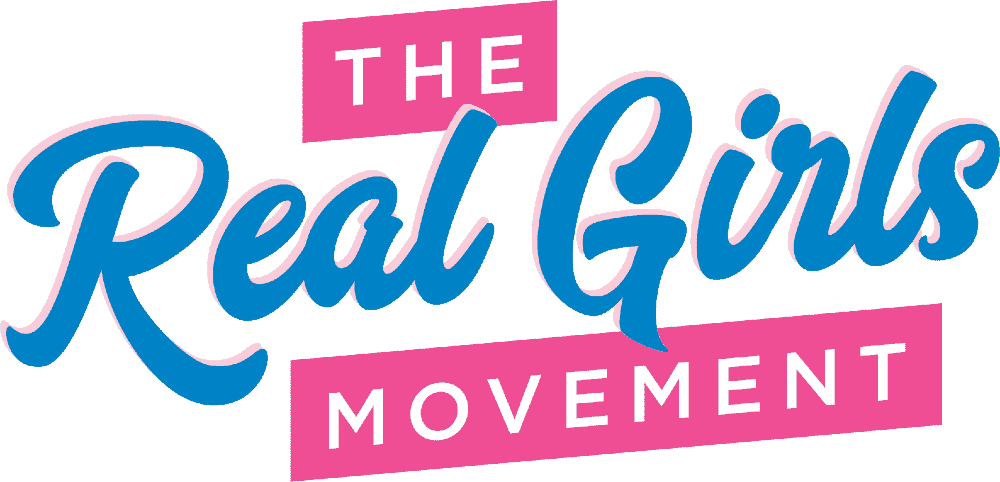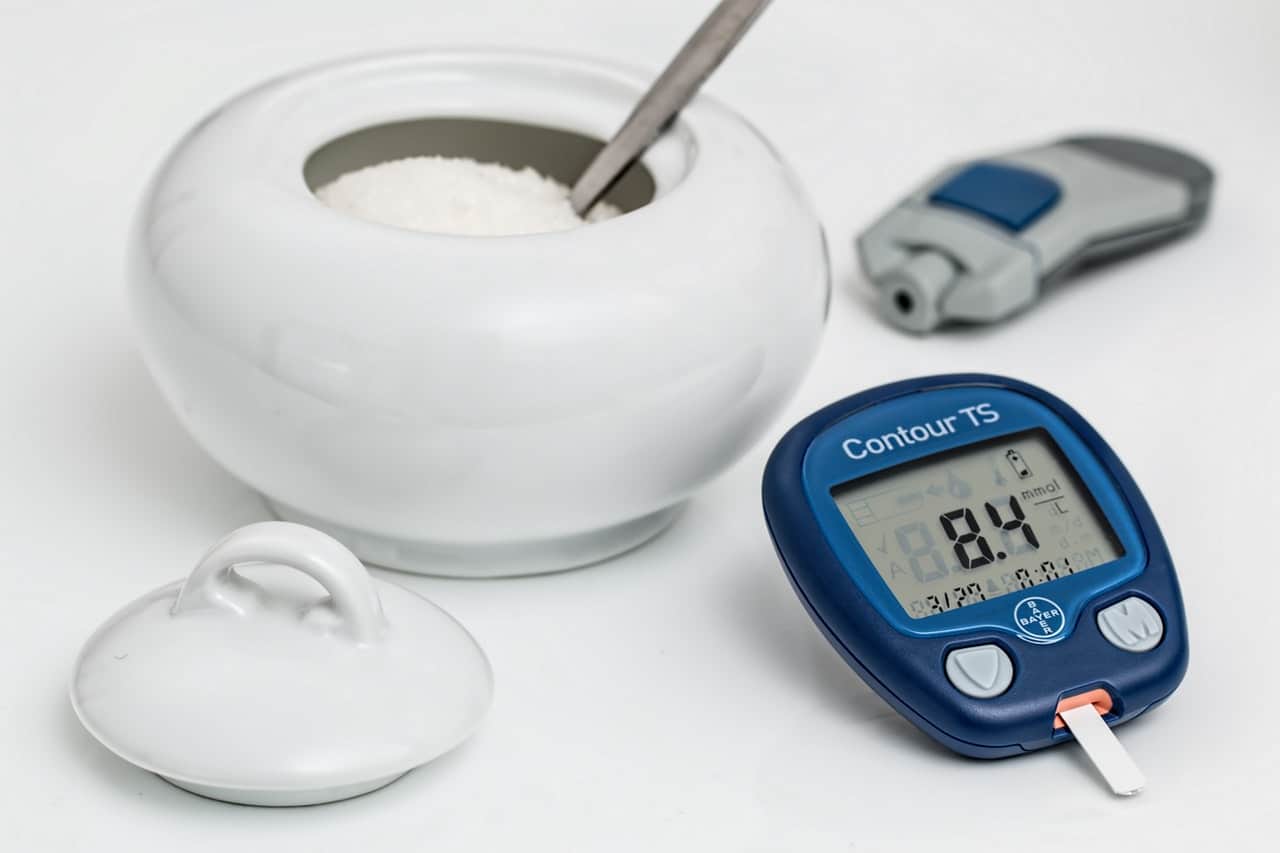Oh, the words “blood sugar.”
Does it conjure up visions of restrictive eating, diabetes medications, or insulin injections?
Blood sugar is the measure of the amount of sugar in your blood. You need the right balance of sugar in your blood to fuel your brain and muscles.
The thing is, it can fluctuate. A lot.
This fluctuation is the natural balance between things that increase it; and things that decrease it. When you eat food with sugars or starches (“carbs”), then your digestive system absorbs sugar into your blood. When carbs are ingested and broken down into simple sugars, your body keeps blood sugar levels stable by secreting insulin. Insulin allows excess sugar to get it out of your bloodstream and into your muscle cells and other tissues for energy
Why keep my blood sugar stable?
Your body wants your blood sugar to be at an optimal level. It should be high enough, so you’re not light-headed, fatigued, and irritable. It should be low enough that your body isn’t scrambling to remove excess from the blood.
When blood sugar is too low, this is referred to as “hypoglycemia.”
When blood sugar is too high, it is referred to as hyperglycemia. Prolonged periods of elevated blood sugar levels (chronic hyperglycemia) can lead to “insulin resistance.”
Insulin resistance is when your cells are just so bored of the excess insulin that they start ignoring (resisting) it, and that keeps your blood sugar levels too high.
Insulin resistance and chronic hyperglycemia can eventually lead to diabetes.
So let’s look at how you can optimise your food and lifestyle to keep your blood sugar stable.
Food for stable blood sugar
The simplest thing to do to balance your blood sugar is to reduce the number of refined sugars and starches you eat. To do this, you can start by dumping sweet drinks and having smaller portions of dessert.
Eating more fibre is helpful too. Fibre helps to slow down the amount of sugar absorbed from your meal; it reduces the “spike” in your blood sugar level. Fibre is found in plant-based foods (as long as they are eaten in their natural state, processing foods removed fiber). Eating nuts, seeds, and whole fruits and veggies (not juiced) is a great way to increase your fibre intake.
FUN FACT: Cinnamon has been shown to help cells increase insulin sensitivity. Not to mention it’s a delicious spice that can be used in place of sugar. (HINT: It’s in this week’s recipe)
Lifestyle for stable blood sugar
Exercise also helps to improve your insulin sensitivity; this means that your cells don’t ignore insulin’s call to get excess sugar out of the blood. Not to mention, when you exercise, your muscles are using up that sugar they absorbed from your blood. But you already knew that exercise is healthy, didn’t you?
Would you believe that stress affects your blood sugar levels? Yup! Stress hormones increase your blood sugar levels. If you think about the “fight or flight” stress response, what fuel do your brain and muscles need to “fight” or “flee”? Sugar! When you are stressed signals are sent to release stored forms of sugar back into the bloodstream, increasing blood sugar levels. So, try to reduce the stress you’re under and manage it more effectively. Simple tips are meditation, deep breathing, or gentle movement.
Sleep goes hand-in-hand with stress. When you don’t get enough quality sleep, you tend to release stress hormones, have a higher appetite, and even get sugar cravings. Sleep is crucial, often overlooked, factor when it comes to keeping your blood sugar stable. Make sleep more of a priority – it will do your blood sugar (and the rest of your physical and mental health) good.
Conclusion
Your body is on a constant 24-hour quest to keep your blood sugar stable. The body has mechanisms in place to do this, but those mechanisms can get tired (resistant). Long-term blood sugar issues can spell trouble.
There are many nutrition and lifestyle approaches you can take to help keep your blood sugar stable. Minimising excessive carbs, and eating more fibre, exercising, reducing stress, and improving sleep are all key to having stable blood sugar (and overall good health).
References:
https://authoritynutrition.com/15-ways-to-lower-blood-sugar/
http://www.precisionnutrition.com/research-review-blood-sugar






